Nutrition In Easing Period Pain: Foods To Eat And Avoid

Period cramps, also known as dysmenorrhea, affect millions of women worldwide. Some women may experience mild pain during their menstruation, while others may experience very severe aches that interfere with their daily lives and also hinder their regular chores. Although over-the-counter medication can be helpful in reducing this menstrual pain, nutrition is also important to help reduce period cramps. A nutritious diet not only helps to keep you healthy and fit but also plays an important role in naturally occurring period cramps. In this blog, we will explore the foods that we should eat and avoid to ease period pain.
Role Of Nutrition To Ease Menstrual Pain
From combating diseases to the proper functioning of our body, everything needs the right amount of nutrition. Just like other bodily functions, nutrition is also important for maintaining menstrual health. Proper nutrition is an important factor in regulating our menstrual cycle by keeping our hormonal level in check and also normalizing menstrual blood flow.
Foods To Eat
Following are the foods that you should include in your diet to avoid menstrual pain.
- Fruits: Eating watery fruits such as watermelon and cucumber helps to keep you hydrated throughout the day. You should also swap your sugar with sweet fruits to fulfill your sugar needs and reduce sugar cravings. It can also be a very useful step to keep your blood glucose levels in check and maintain a healthy weight.
- Leafy Green Vegetables: Leafy green vegetables such as spinach and kale are a rich source of iron, which helps to reduce the risk of developing anaemia and also helps in reducing period discomfort and pain by relaxing muscles.
- Berries: Berries are packed with antioxidants and vitamin C, which help ease period cramps. It also helps to reduce inflammation and improve blood circulation to regulate the menstrual cycle.
- Nuts: Nuts are rich in omega-3 fatty acids, magnesium, vitamins, and protein, which are crucial nutrients during this time as they fulfill a large amount of nutrient needs that we lack because of the blood loss.
- Lentils and Beans: lentils and beans are also a rich source of iron and proteins and can be helpful to cater to the protein needs of vegans and vegetarians during this time.
- Dark Chocolate is another rich source of iron and magnesium. Eating dark chocolate on a regular basis can help you fill the lack of essential nutrients like iron and magnesium and also help to reduce menstrual pain.
- Herbal Teas: herbal teas such as ginger tea, chamomile tea, and peppermint tea are proven to relax muscles and reduce stress, nausea, and menstrual cramps.
- Water: Keeping yourself hydrated is the most crucial part of living; it controls most of our body functions and helps to improve blood purification and circulation.
Foods To Avoid
Now that you know what you should eat during your menstruation, here are some foods that should be avoided to avoid period discomfort.
- Saturated Fats: saturated fats, found in processed foods, fried food, and fatty meats, contribute to uterus contractions, which add up to menstrual Pain and increase inflammation.
- Salt: consuming excessive salt can lead to water retention, which leads to bloating. To avoid bloating and period discomfort, limit eating highly processed foods and use less salt in food.
- Sugar: consuming excessive sugar can lead to sugar crashes, anxiety, and depression. It also leads to extreme mood swings. To avoid this, cut off your sugar intake as much as possible or swap them with healthy options like resins, honey, or jaggery.
- Caffeine: caffeine is the most consumed compound in the world in the form of coffee or tea, but did you know that it can lead to water retention and bloating? Limit your caffeine intake to avoid this situation.
- Alcohol: Alcohol has many negative impacts on our body and mind. It can also increase period cramps, headaches, and digestive issues such as nausea and diarrhoea.
Conclusion
Menstrual pain, also known as dysmenorrhea, is very common in women of reproductive age. Right nutrition can be a great help to alleviate these menstrual cramps and manage other period symptoms naturally. Foods like fruits, green leafy vegetables, nuts, berries, dark chocolate, lentils, and beans are great sources of nutrients to help ease period pain relief capsule, whole foods like processed food, excessive salt, sugar, coffee, tea, and alcohol should be avoided to avoid any period discomfort.
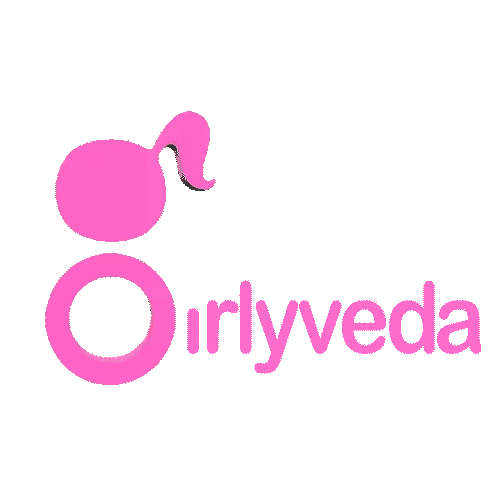





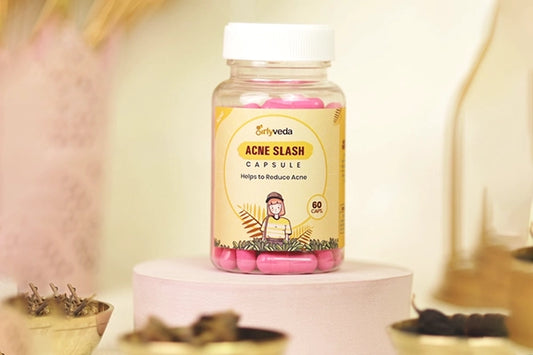

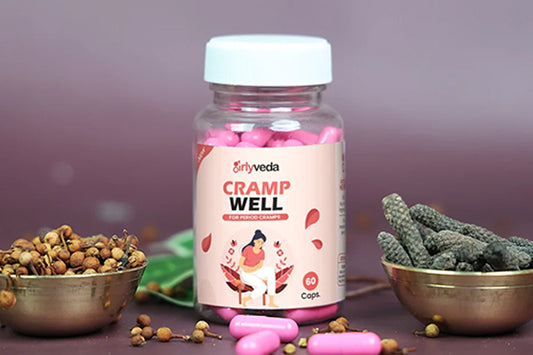
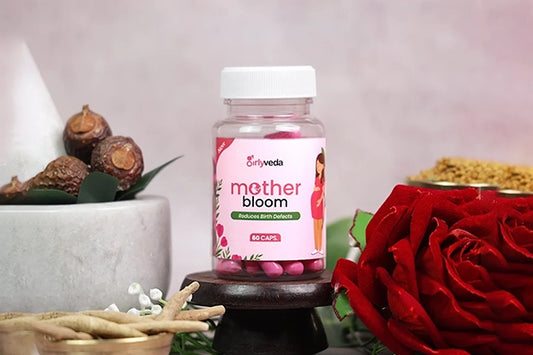
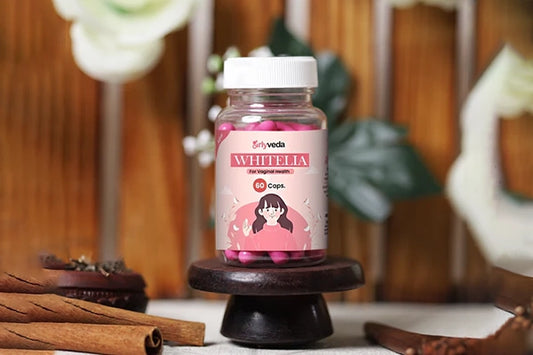
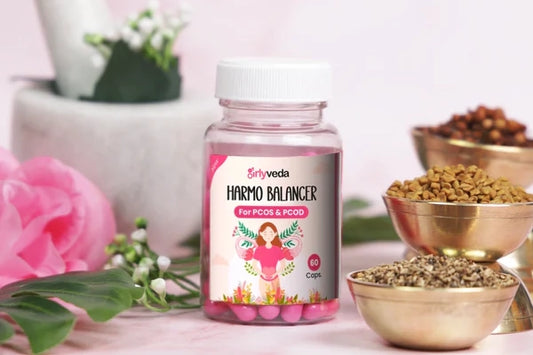
Thoughts on "Nutrition In Easing Period Pain: Foods To Eat And Avoid"